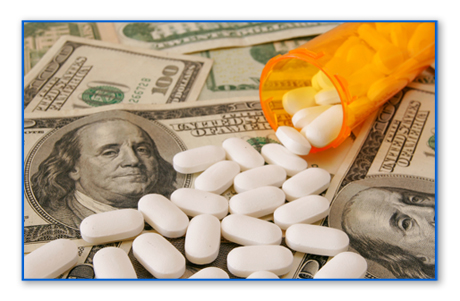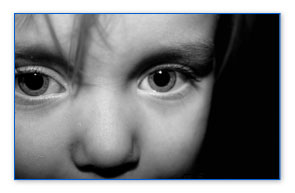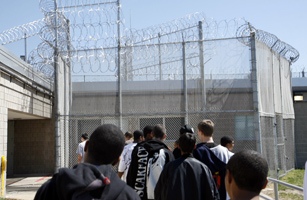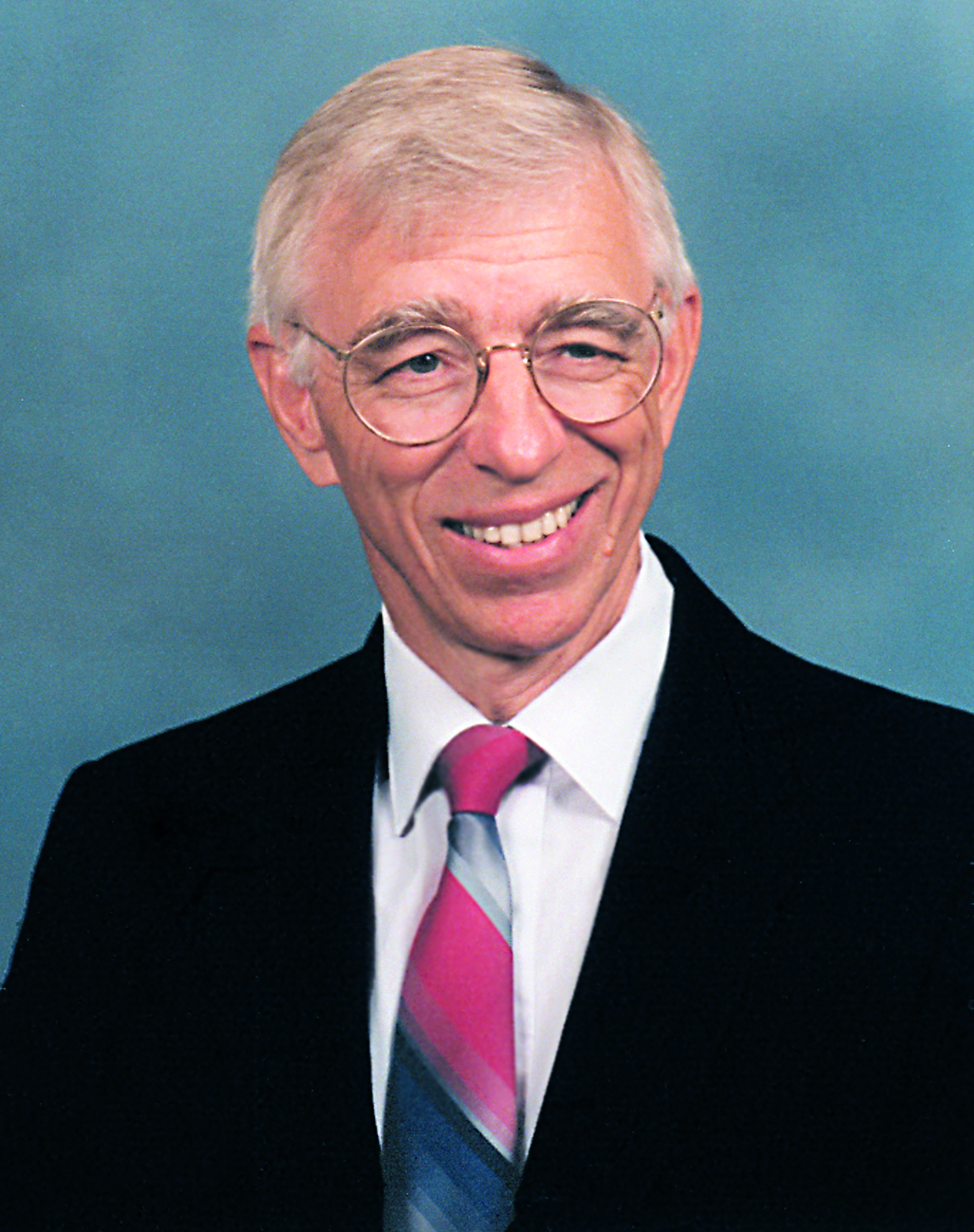Pharmaceutical companies have recently paid out the largest legal settlements in U.S. history — including the largest criminal fines ever imposed on corporations — for illegally marketing antipsychotic drugs. The payouts totaled more than $5 billion. But the worst costs of the drugs are being borne by the most vulnerable patients: children and teens in psychiatric hospitals, foster care and juvenile prisons, as well as elderly people in nursing homes. They are medicated for conditions for which the drugs haven’t been proven safe or effective — in some cases, with death known as a known possible outcome.
The benefit for drug companies is cold profit. Antipsychotics bring in some $14 billion a year. So-called “atypical” or “second-generation” antipsychotics like Geodon, Zyprexa, Seroquel, Abilify and Risperdal rake in more money than any other class of medication on the market and, dollar for dollar, they are the biggest selling drugs in America.





